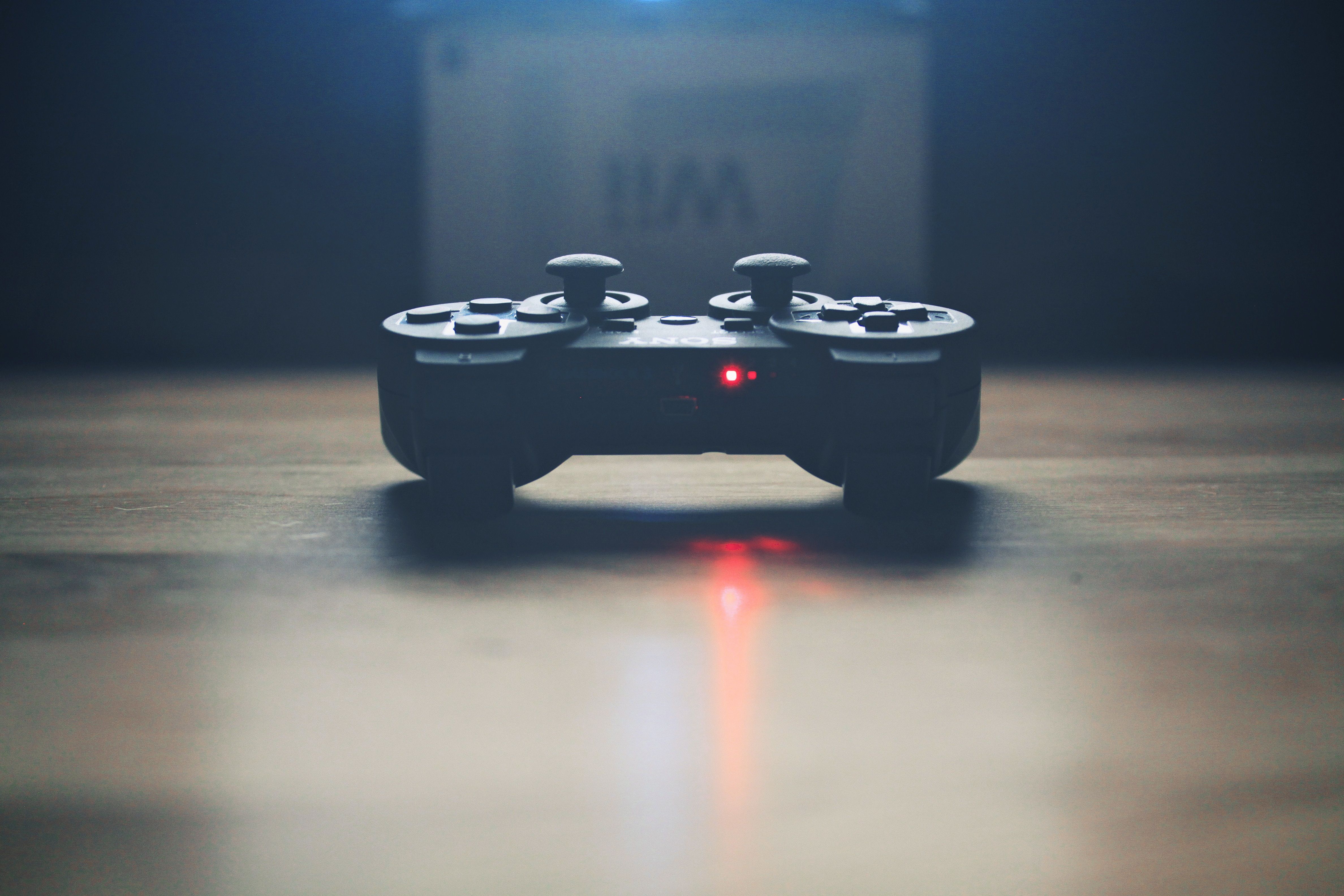Gaming addiction recognised by WHO as a mental health condition
The World Health Organisation (WHO) is to list gaming addiction as a mental health condition. ‘Gaming disorder’ will be included in the draft version of the 11th International Classification of Diseases (ICD). The ICD provides signs and symptoms to aid diagnoses, with the new guide due to be published this year.
WHO last completed the ICD in 1992, and since then gaming has become far more prevalent in society. Knowledge of its potential adverse effects is also more widely known. The decision to acknowledge gaming addiction has been welcomed by many, joining countries that have already officially it as a public health issue. Others, like the UK which do not, have private clinics to treat the condition, which produces symptoms such as impaired control over gaming, increased priority given to gaming and continuation of gaming despite negative consequences.
Gaming has become far more prevalent in society
The Nightingale Hospital’s lead technology addiction specialist Dr Richard Graham has said: “[Gaming disorder’s inclusion] is significant because it creates the opportunity for more specialised services. It puts it on the map as something to take seriously.” However, he also noted that it could cause confusion between addicts and “enthusiastic gamers”. Though some have questioned if there is a difference between the two groups.
Gaming’s addictive nature stems from its suggested effects on neural pathways. To encourage survival the brain uses dopamine to positively reinforce certain behaviour. It motivates us to eat, drink, reproduce, keep fit and live healthily. It also creates a drive for extrinsic rewards like money that aren’t inherently pleasurable but have value by learned association. Substances are addictive because of their effects on the dopamine pathway.
Gaming’s addictive nature stems from its suggested effects on neural pathways
Psychological studies have suggested that the brain responds to virtual rewards and successes similarly to real ones. Beating a level or earning in-game loot causes dopamine to be released. Whilst gaming may play on the same neural networks as addictive substances it isn’t unique in this. All forms of leisure do too, it’s why we find them entertaining and similarly people participate for reasons beyond addiction.
Using years of behavioural data, Dr Scott Rigby published research suggesting people derive their entertainment from video games as they fulfil desires in their lives. Autonomy, and feeling independent and in control could attract users to open-world adventure games like Skyrim; and relatedness, to feel like we matter to others, is the main draw of multiplayer focussed games like Destiny or Overwatch. Not to mention the pride and feeling of competence felt by completing a game, that keeps gamers coming back for more. The study suggested that people are using games to supplement the lives they lead. Whilst needs of theirs are being fulfilled there is no implication they become dependent on these games as a result – gaming addiction is a much more serious problem than simply enjoying playing on your Xbox.
The study suggested that people are using games to supplement the lives they lead
WHO’s acknowledgement of gaming disorder shouldn’t cause fear or worry. Its purpose in the ICD is not to demonise gaming but to highlight a major health issue that people struggle with and has in the past been dismissed. Gaming addiction, much like gambling, isn’t inherently bad for your health like an alcohol or drug addiction. But that isn’t to say it’s healthy either – it can have very serious indirect impacts. Lack of awareness of such disorders can also lead to confusion, as participation is enjoyable and someone may game or gamble for considerable periods of time but not have an addiction. Having gaming disorder means that you can’t stop, you’re putting gaming before all else including friends, family and even eating, sleeping and going to the bathroom. WHO’s decision should hopefully increase knowledge so that we can better watch out for the actions of ourselves and others, be there to support them and assist in finding professional help if necessary.

Comments